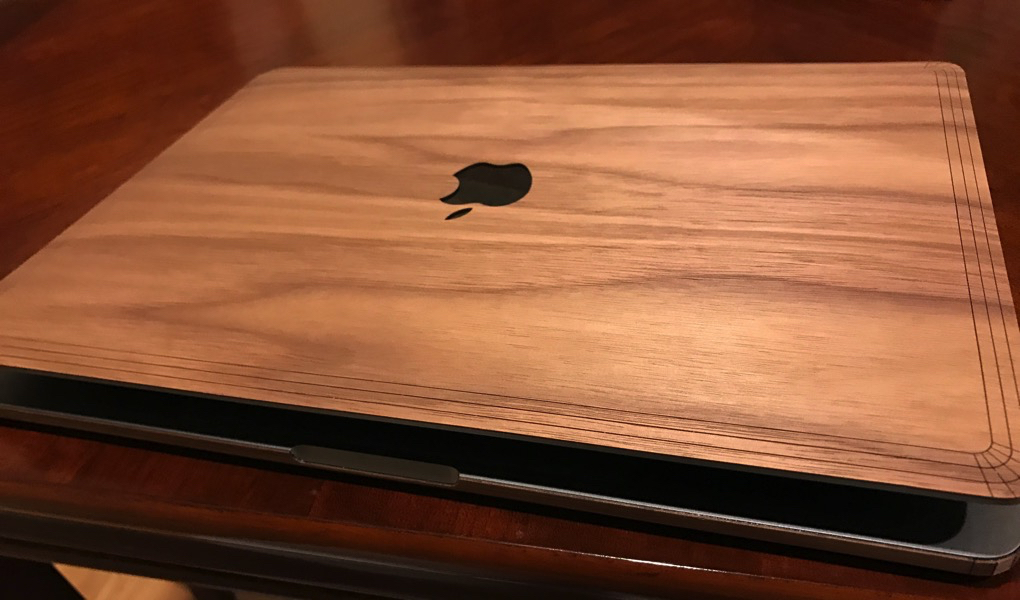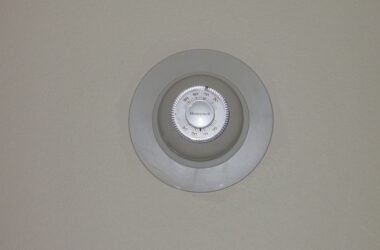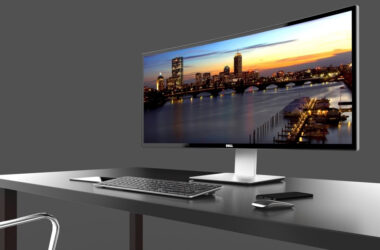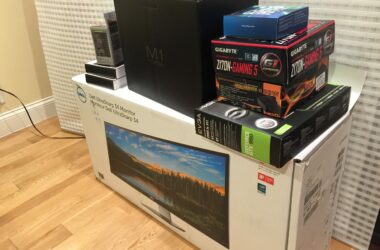I’m typing this post from a new MacBook Pro 13”, recently upgraded from my aging behemoth of a laptop, a discontinued 17” MacBook Pro that has eschewed retina screens and portable form factors for half a decade. The new MBPs are svelte, speedy and expensive machines, albeit set up to have a shortened 2-3 year lifecycle with its lack of upgradability and smaller battery.
One thing I have noticed, however, is that the new machine — despite being 5 years the 17-inch’s junior — is not blazingly faster in everyday use. The differences primarily lie in the new laptop’s retina screen and the old one’s discrete GPU1; the SSD and RAM and CPU may technically be 3 generations ahead and that difference is certainly reflected in benchmarks, but that does not show up in moderate usage. If there’s a real horsepower advantage to the new machines, its relevance will only be apparent on heavy coding/graphics/audio workloads. Meanwhile, the battery life problems has caused plenty of angst among creative professionals, who (rightfully) want to see the Pro line be a portable computing juggernaut.
It’s fitting that the redesigned MacBook Pros are what reaffirms what most of us already implicitly knew: PCs are a shrinking and niche market, its prices will increase from the decreased volume, and hardware improvements have been and will continue to only be incremental. As Apple is one of the most profitable PC makers by focusing exclusively on the mid and high end, their slowdown means that other PC manufacturers don’t really have much room to maneuver2.
The slow pace of hardware upgrades has actually really hurt the industry. The elongated upgrade cycle means two things, that
- Consumers don’t see a need for better hardware as PCs can already run everything they need, and
- There’s less profits that could be reinvested into speeding up the pace of technology.
To be fair, I suspect we’re only a couple of years away — if not already there — from the same hardware tipping point happening on mobile hardware as well.
In any case, PCs are move away from being an all-purpose computing device into one that’s geared towards gaming and user productivity. I don’t see either of those areas being superseded by other platforms anytime soon, so there should at least continue to be a sustaining market for both PC hardware and software. Just a pricier one.
Which ultimately turned out to be a hardware problem that necessitated a recall.↩
Though props to Microsoft for trying really hard to elbow their way into this declining market to turn it around.↩



